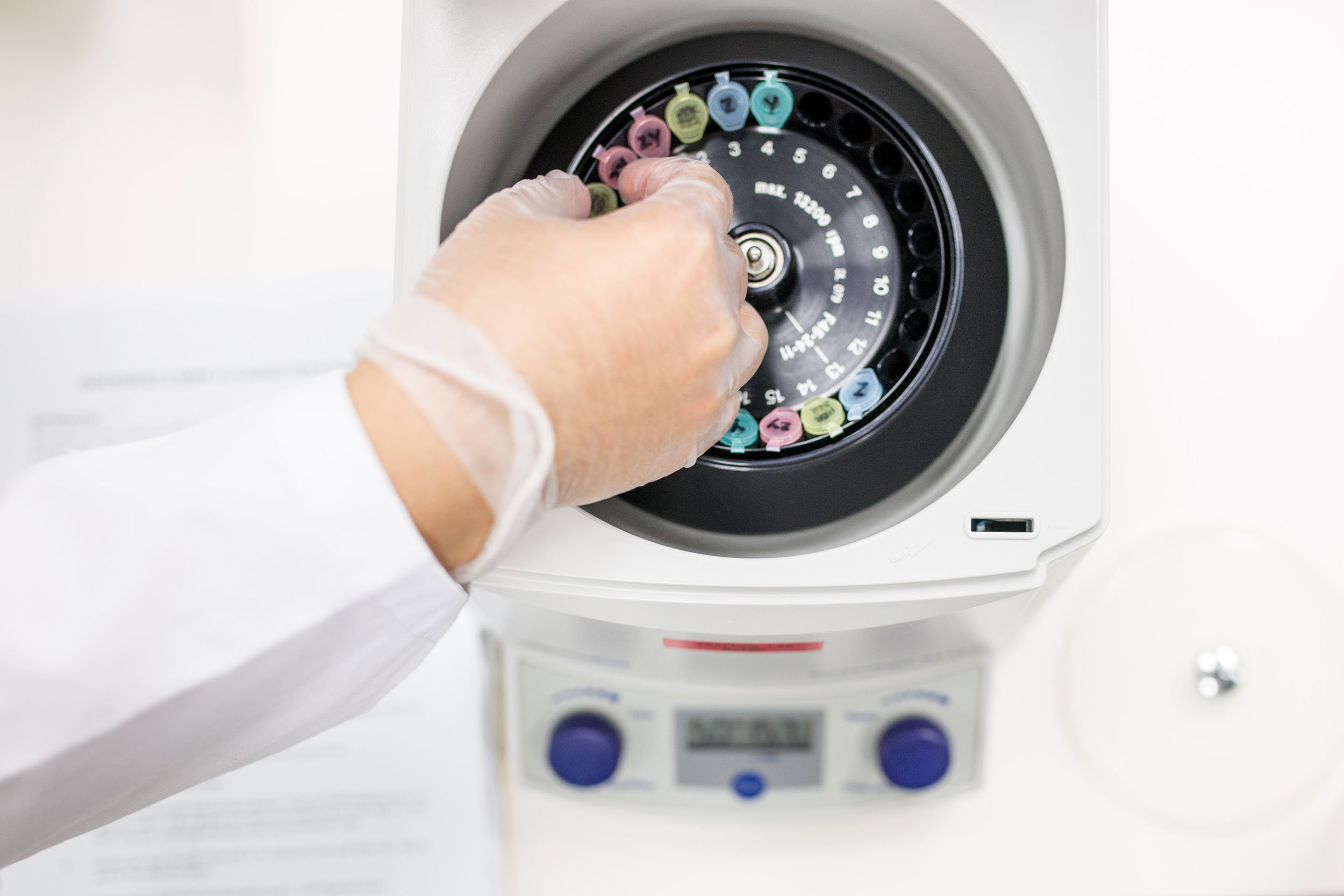
Overview
Explore the complex and fascinating world of genetics and unravel the mysteries of DNA with the ANU Bachelor of Genetics.
You’ll learn how genes hold our hereditary information, study classical genetics, molecular genetics, population genetics, and bioinformatics. You can even follow interests in areas as diverse as plant genetics, evolutionary genetics or medicine and health.
Studying at ANU means you’ll be exposed to ground-breaking research being undertaken by our academics in active research laboratories at the Research School of Biology and the John Curtin School of Medical Research, Australia’s national medical research institute.
Combine a Bachelor of Genetics with a selected Masters by coursework and enter the workforce with an internationally recognised postgraduate qualification. Most Vertical Double Degrees pathways can be completed in 4 years. View the pathway options here.
Program details
The ANU Bachelor of Genetics offers a variety of courses covering classical genetics, molecular genetics, population genetics, and bioinformatics.
By specialising in genetics and understanding the structure and function of genes, you will learn how to apply the techniques of genomics, bioinformatics and molecular genetics to an ever-increasing range of exciting careers in medical biology, plant science and conservation.
You will have the option of applying for an honours year towards the end of your third year of study.
Key facts
- #1 for Natural Sciences (QS 2024) in Australia
- 3 years full-time
- Semester 1 intake only
- #1 in Australia for graduate employability (Times Higher Education)
Careers
As our knowledge of the human genome expands, so does the need for graduates with specialist knowledge in genetics.
Our graduates can go on to a career in medical and agricultural research institutes, hospitals, government departments, schools and universities, patent firms, genetic counselling services, forensics laboratories, and biotechnology companies. Possible careers include:
- Clinical Geneticist
- Genetic Counsellor
- Bioinformatician
- Medical Laboratory Technician
- Laboratory Assistant.
The Australian National University has been ranked as the top university for graduate employability in Australia in the Global University Employability Ranking 2023-24. As a student at ANU, you gain access to the ANU CareerHub – an online career development and employability tool that includes a jobs board and careers resources. You also have access to drop-in chats with a career consultant and to attend our career fairs to meet potential employers.
Learning experience
Fees & scholarships
Scholarships
Whether you are looking for financial support to start your studies at ANU or help to move away from home for the first time, we have scholarship opportunities for you and your situation.
Convenors

Associate Professor Maja Adamska, Program convenor

Maja Adamska is Associate Professor and ARC Future Fellow in the Research School of Biology. Her group uses calcareous sponges to gain insight into the evolutionary origin of a variety of key developmental processes, including segregation of germ layers and axial patterning of embryos and adults. Maja is also interested in major transitions in animal evolution, such as emergence of multicellularity and morphological complexity, and their relationship to genomic complexity.

Dr Andras Keszei, First year coordinator

Andras's areas of expertise are Population, Ecological And Evolutionary Genetics, Terrestrial Ecology, Genome Structure And Regulation, Plant Cell And Molecular Biology, Structural Biology (including Macromolecular Modelling), Natural Products Chemistry, Analytical Spectrometry, and Separation Science. He lectures Molecular and Cell Biology.
Andras was awarded the Commendation for Outstanding Contribution to Student Learning in 2011.

Dr Mark Ellison, First year coordinator

Mark is a senior lecturer and first year Chemistry coordinator in the Research School of Chemistry.
Mark was awarded the Pearson/RACI Centenary of Federation Educator of the year in 2011. He was also awarded a 2012 citation for outstanding contributions to student learning in the Australian Government awards for University Teaching.
How to apply
Understand the how to apply steps
Visit the domestic undergraduate applications page to prepare for your application to ANU.
Domestic undergraduate applicationsUnderstand the how to apply steps
Visit the international undergraduate applications page to prepare for your application to ANU.
International undergraduate applications


